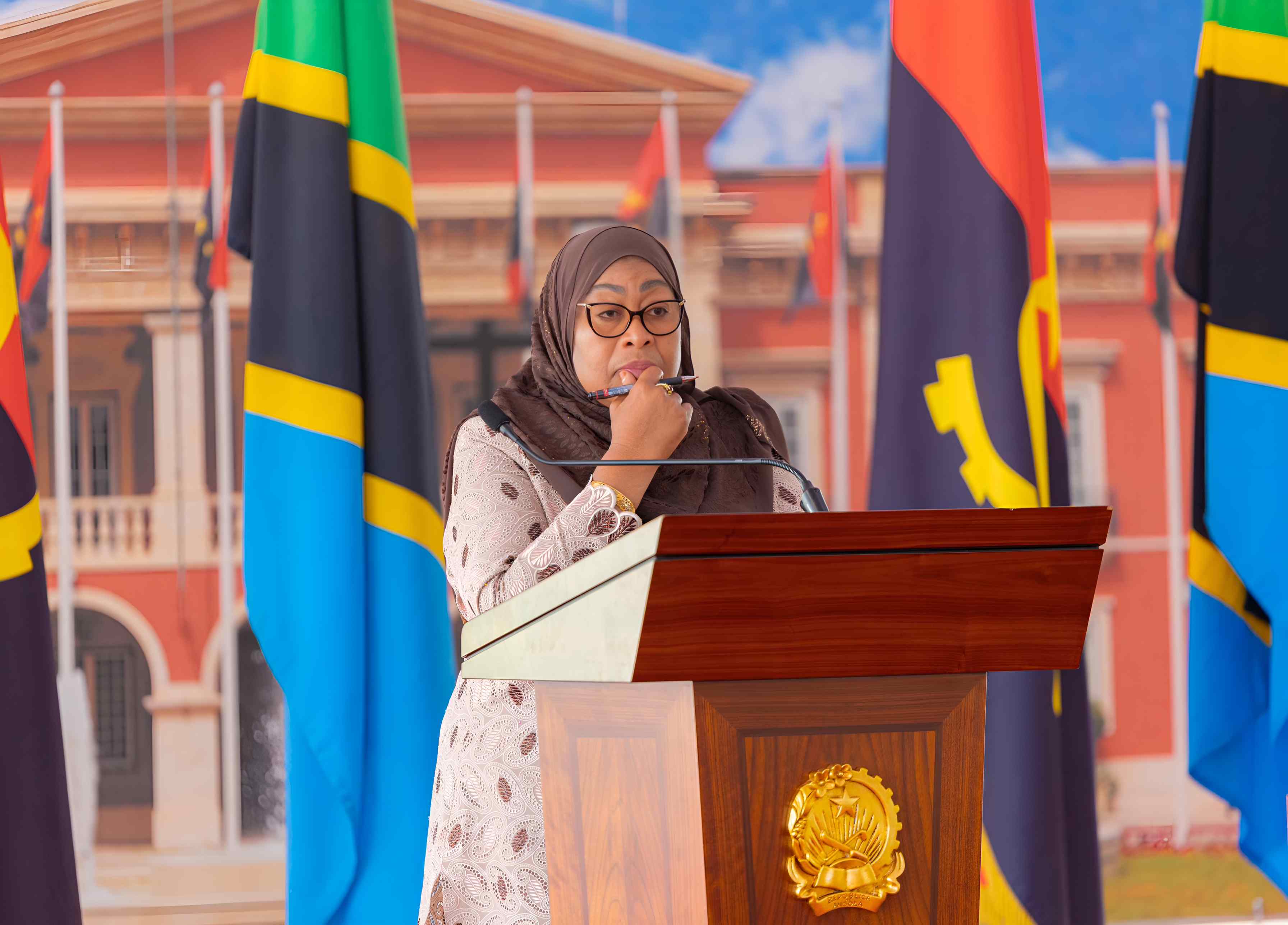Kenya’s transport sector players have lashed out at Tanzania’s new policy banning East African citizens from running small-scale businesses within its borders, calling it a serious betrayal of regional unity and a violation of cross-border trade rights.
Through a joint statement, transporters and vehicle owners said the directive issued by Tanzania’s Industry and Trade Ministry undermines the spirit of the East African Community and could severely disrupt the lives of thousands who depend on informal and small-scale trade across the region.
“This directive by Tanzania violates the EAC Treaty, the Common Market Protocol, and even global trade principles under the World Trade Organization (WTO), all of which uphold the free movement of labor, goods, and services,” they said.
They argued that small businesses such as salons, mobile money outlets, repair services, and tour guiding have always been central to regional cooperation and support livelihoods across borders.
The ban, they added, not only affects tourism but also risks damaging years of progress made towards integration.
The statement further warned that Tanzania’s actions could set a harmful trend that encourages more protectionism within the EAC and undo the foundation built by member states to promote free movement and shared growth.
“If this ban is allowed to stand, it could set a dangerous precedent that threatens the entire regional unity agenda,” they said, calling for swift intervention by the East African Legislative Assembly (EALA) and the EAC Secretariat.
They urged the EAC to compel Tanzania to withdraw the ban and reinstate the employment and business rights of Kenyans and other East Africans, adding that the matter should trigger formal diplomatic talks between Kenya and Tanzania.
“Regional integration is not a favor granted by governments it is a right protected by law,” they added. “National sovereignty must not be used as an excuse to sabotage regional cohesion. The promise of East Africa lies in open borders, shared prosperity, and equal opportunities for all.”
The stakeholders proposed legal action against Tanzania for breaching EAC and WTO commitments and warned that failure to resolve the dispute could lead to peaceful protests and retaliatory measures, including sanctions on Tanzanian businesses operating in Kenya.
Kenya’s National Assembly Trade, Industry and Cooperatives Committee chairperson Bernard Shinali joined the calls for a firm response, saying the ban warrants economic retaliation.
“The Tanzanian authorities have crossed a line. Kenya should respond by cutting economic ties, if necessary,” Shinali said.
Tanzania’s controversial policy was announced on July 28, 2025, through a government notice signed by Trade Minister Selemani Saidi Jafo. The Business Licensing (Prohibition of Business Activities for Non-Citizens) Order, 2025, outlines 15 sectors from which foreigners are now excluded.
These include general trade, service industries, media, tourism, and small-scale manufacturing. Local farmers are also barred from selling their produce directly to foreign buyers at the farm gate.
The Tanzanian government defended the move as part of a broader economic reform strategy meant to boost local entrepreneurship, create more opportunities for citizens, and ensure that ownership of small businesses remains in the hands of Tanzanians.
Officials said the decision followed growing concerns from citizens that foreign nationals — including Chinese traders — had taken over small-scale activities meant to uplift locals.
This latest ban comes two months after Tanzania introduced another protectionist policy that prohibited the use of foreign currency in domestic transactions, requiring all pricing and payments to be done in Tanzanian shillings. Existing contracts in foreign currency were ordered to be converted within a year, as the government moved to reinforce use of the local currency and stabilize the economy.

